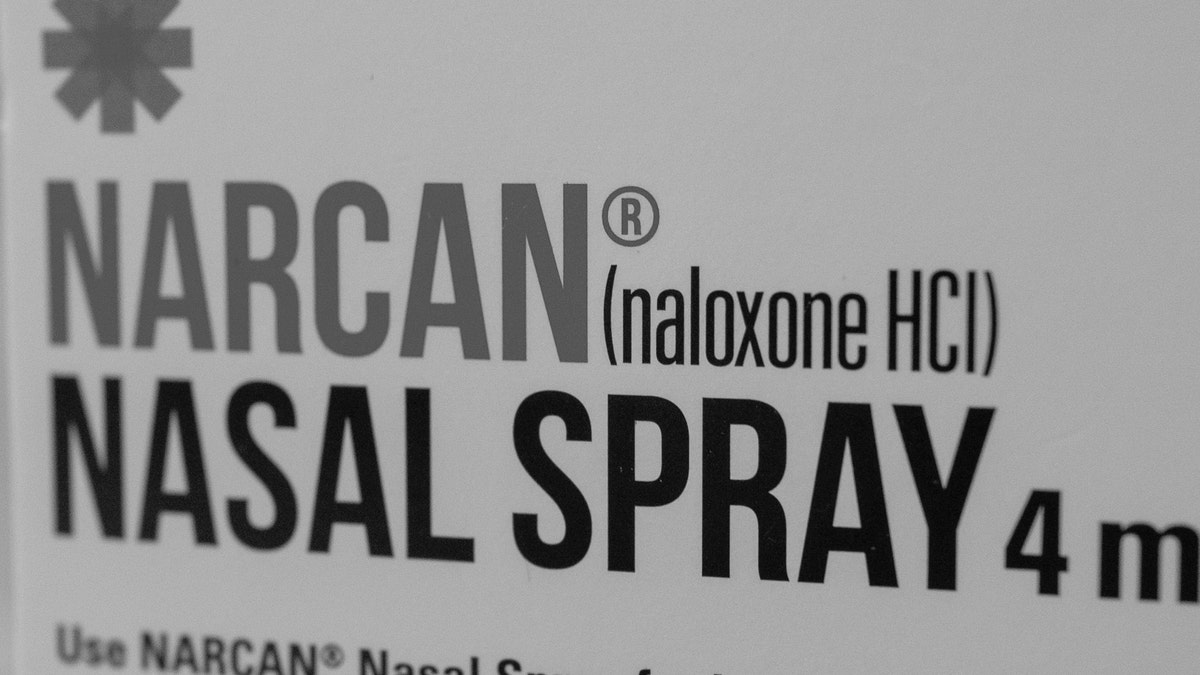‘Fourth wave’ of fentanyl overdose deaths has gripped the nation, experts say: ‘The norm, not the exception’
Experts say the U.S. is currently in a “fourth wave” of opioid overdose deaths, this one marked by a sharp increase in fentanyl — a synthetic opioid — being mixed with stimulant drugs.
A study published in the journal Addiction on Thursday by UCLA found that the share of overdoses involving a combination of fentanyl and stimulants increased by more than 50-fold — from .6% (235 deaths) to 32.3% (34,429 deaths) — between 2010 and 2015.
“We’re now seeing that the use of fentanyl together with stimulants is rapidly becoming the dominant force in the U.S. overdose crisis,” said lead author Joseph Friedman, an addiction researcher at the David Geffen School of Medicine at UCLA, in a press release.
WISCONSIN PARENTS LOSE SON TO FENTANYL, BEG OTHER FAMILIES TO KNOW THE TRUTH ABOUT THE DEADLY DRUG
“Fentanyl has ushered in a polysubstance overdose crisis, meaning that people are mixing fentanyl with other drugs, like stimulants, but also countless other synthetic substances,” he continued.
The previous three waves occurred in the early 2000s, with the rise in prescription opioids; in 2010, when heroin was often mixed with fentanyl; and in 2013, with the use of fentanyl alone.
The current (fourth) wave began in 2015, with the rise in fentanyl mixed with stimulants.
At the start of the study period, in 2010, fentanyl was most often mixed with prescription opioids, benzodiazepines and alcohol, stated the study authors in the journal.
PARENTS PREPPING FOR BACK-TO-SCHOOL TIME ARE URGED TO TALK TO KIDS ABOUT DRUGS: ‘FAR-REACHING IMPLICATIONS’
By 2021, fentanyl was found primarily in stimulants — mainly cocaine in the Northeast and methamphetamine in the rest of the country.
Nearly every state saw a spike in fentanyl-stimulant overdose deaths between 2015 and 2021.

Rates were highest among certain racial groups, the study found.
In 2021, the share of overdose deaths involving fentanyl-stimulant combinations was 73% among Black or African American women in western states.
It was 69% among Black or African American men between 55 and 65 years of age in those same geographical regions.
This compares to 49% across the entire country.
The share of overdoses involving a combination of fentanyl and stimulants increased by more than 50-fold between 2010 and 2015.
The combination of fentanyl and stimulants creates unprecedented dangers for drug users and challenges for health care providers as well, Friedman noted.
“We have data and medical expertise about treating opioid use disorders, but comparatively little experience with the combination of opioids and stimulants together, or opioids mixed with other drugs,” he said.
NARCAN NASAL SPRAY IS AVAILABLE FOR OVER-THE-COUNTER PURCHASE IN US: ‘LIFESAVING DRUG’
“This makes it hard to stabilize people medically who are withdrawing from polysubstance use.”
‘The norm, not the exception’
Dr. Adam Scioli, medical director and head of psychiatry at Caron Treatment Centers in Philadelphia, was not involved in the study but noted that in the last decade, polysubstance use has become “the norm, not the exception.”
He also said that “an individual abusing only one substance is rare,” as he told Fox News Digital.

The addiction specialist said he believes that many individuals don’t realize the substances they’re using contain fentanyl.
“Given the risk of overdose and death associated with fentanyl, using it in combination with a stimulant increases the likelihood of death exponentially,” Scioli said.
“Combined use of these drugs is not predictable, nor can it be managed. And it’s not just the fentanyl — stimulants carry their own significant risks, including stroke or death.”
OPIOID DRUGS CAUSE MORE THAN HALF OF YOUNG CHILDREN’S POISONING DEATHS: NEW STUDY
Dr. David Campbell, clinical director of The Canyon Addiction Treatment Center in Santa Monica, California, who also was not involved in the research, agreed that the fourth wave has indeed arrived.
A clinical director said he has seen “a substantial rise” in the combined use of stimulants and opioids.
“When there is a statistical increase of this magnitude, it’s time to start paying attention,” he told Fox News Digital.
At The Canyon, Campbell said he has seen “a substantial rise” in the combined use of stimulants and opioids.

“With the overprescription of stimulants across the U.S. and resultant national shortages of the most commonly prescribed ADHD medications, America’s appetite for stimulants is growing, and I believe the fourth wave may be here to stay,” he said.
Yearly overdose deaths topped 100,000 for the first time in 2021, according to the Centers for Disease Control and Prevention (CDC).
CLICK HERE TO SIGN UP FOR OUR HEALTH NEWSLETTER
Synthetic opioids such as fentanyl were involved in more than 75% of the overdose deaths.
Adding to the danger is the fact that many of the blended “polysubstances” do not respond to naloxone, the antidote to an opioid overdose, the UCLA release stated.

Even so, Scioli emphasized the need for families and individuals to keep Narcan available and accessible in the event of an overdose.
“While it will not counteract the effects of a stimulant, it will still reverse the effects of the fentanyl, so that supportive care can be provided until the effects of the other substance can be addressed, if possible,” he said.
More challenges could lie ahead, expert says
Dr. Lawrence Weinstein, chief medical officer of American Addiction Centers in Tampa Bay, Florida, told Fox News Digital that things may get worse before they get better, and that these surges in overdose deaths will likely continue.
“Given the risk of overdose and death associated with fentanyl, using it in combination with a stimulant increases the likelihood of death exponentially.”
“Fentanyl analogs are becoming more dangerous; there are analogs circulating with such high affinity for opioid receptors that half a dozen doses of naloxone are needed,” said Weinstein, who was not affiliated with the UCLA study.
“Nitazenes, another class of opioid being found in the illicit drug supply, is increasing in presence, and because this is a substance not routinely tested for, we really don’t know the scope of the problem.”
“Xylazine, which started in the Northeast, is moving westward, and there is no antidote for its effects,” he went on.
“There are currently many factors at play that require a concerted effort among a host of entities to address this situation.”
Read the full article Here


